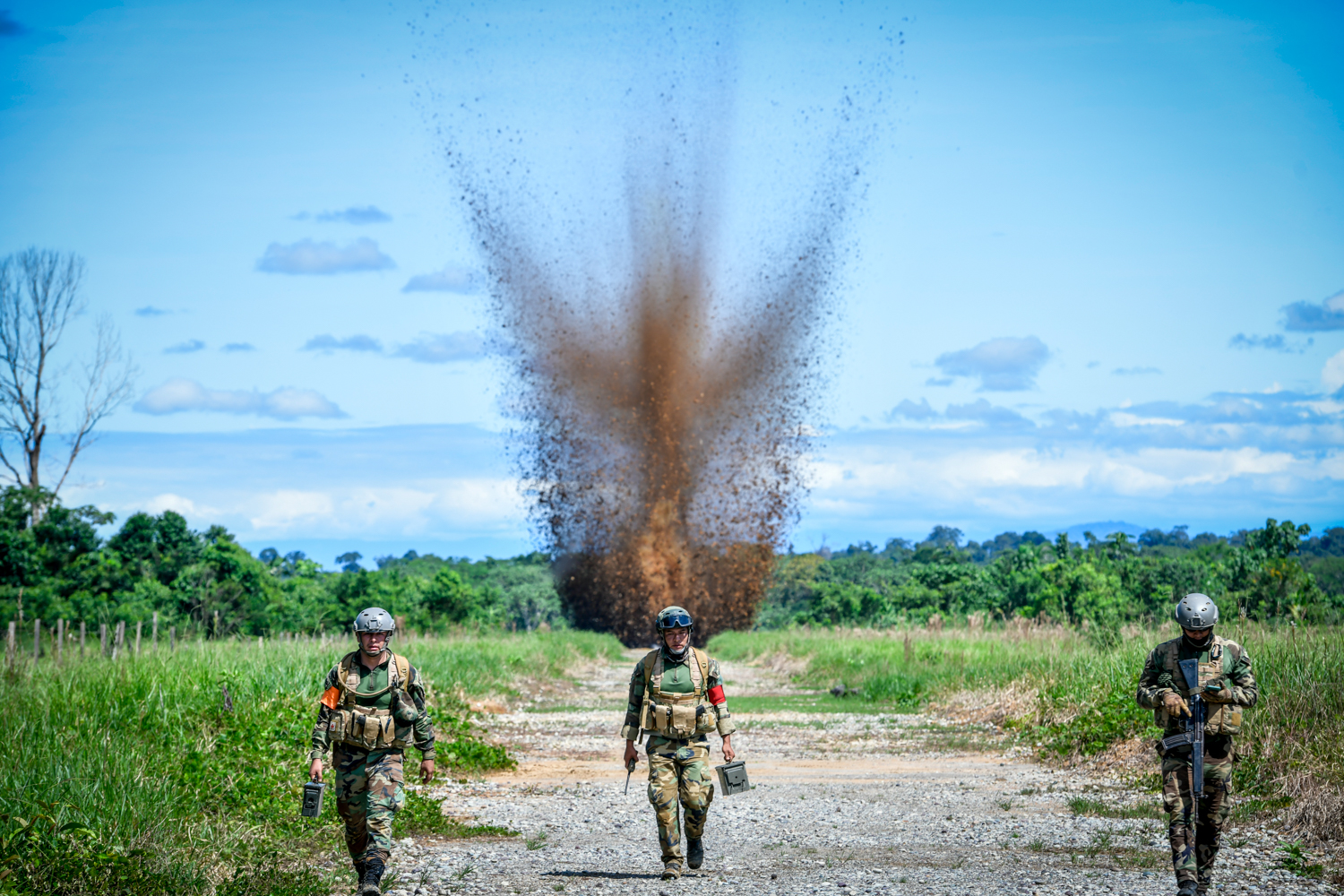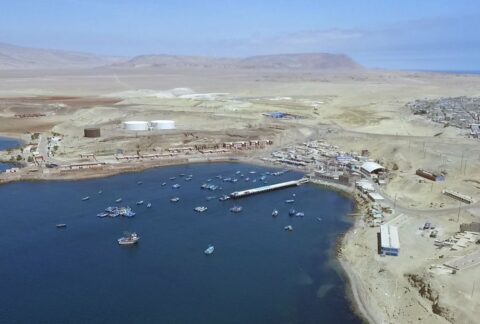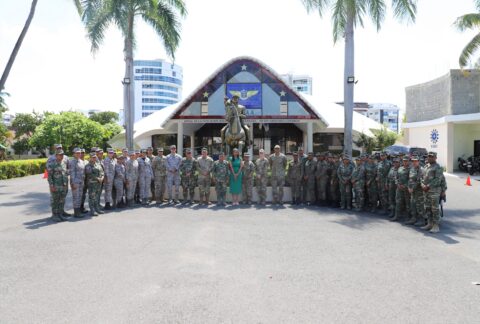Peruvian authorities dealt a blow to international narcotrafficking by destroying 18 clandestine airstrips used to move drugs from the Peruvian jungle to neighboring countries and Europe, the Ministry of the Interior said in a statement. The Peruvian National Police’s objective is to have more than 30 clandestine airstrips destroyed by the end of 2023.
“The majority of these airstrips are located in very remote places and are guarded by heavily armed men. They generally extent more than 1 kilometer,” Pedro Yaranga, a Peruvian narcotrafficking and terrorism expert, told Diálogo on May 30. “Most of the narco planes come from Bolivia. They also send drugs to Paraguay and some border areas of Brazil, with Europe as the final destination.”
The destruction of the runways, carried out in April during Operation Troya XXI 2023, involved the participation of agents from Peru’s Anti-Drug Directorate and the Police Aviation Directorate. The operation was carried out at different points in the departments of Pasco, Huánuco, and Ucayali, where authorities also deployed monitoring and intelligence operations.
“The destruction of clandestine airstrips allows us to literally clip the wings of narcotrafficking and stop its advance, preventing drugs from being transported in airplanes to neighboring countries,” Peru’s Interior Minister Vicente Romero told the press on May 26. “The destruction of land used for takeoff and landing of aircraft linked to organized crime generates a great impact in the fight against drugs, because it neutralizes the shipment of this illegal cargo abroad.”
Ongoing battle
“I’m telling narcotraffickers once more: We will not give up the fight against this crime in the whole production chain; from illegal coca crops, chemical precursors used, laboratories, and clandestine airstrips used to move the drugs, mainly from Peru to Bolivia, from the coca valleys,” Romero said as authorities burned more than 14 tons of drugs seized from January to April. He also highlighted that so far this year, up to April, authorities dismantled 25 criminal organizations for illicit narcotrafficking and arrested and sentenced 467 criminals.
According to a May 29 statement from the Ministry of the Interior, Peruvian police curbed the transfer of 10.7 tons of chemical precursors, which were to be used in the production of illicit drugs in the coca-growing areas of the Apurimac, Ene, and Mantaro River Valley (VRAEM).

On May 26, Peruvian President Dina Boluarte stressed that her administration is carrying out a frontal fight against drugs in all areas and on all fronts, including prevention in the education and health sectors, and affirmed her full confidence in security forces to combat narcotrafficking, restore the presence of the State throughout the national territory, and protect the population.
Security and Intelligence expert Andrés Gómez de la Torre of Peru’s Institute of International Studies spoke with Diálogo on May 23 and highlighted the results of Troya XXI 2023, where police, military, and civilian agencies joined forces to counter narcotrafficking.
“The destruction of narcotrafficking routes represents an important advance. We currently know about the new air routes through Bolivia to Brazil, precisely because in that country the consumption of cocaine hydrochloride has skyrocketed,” Gómez de la Torre said. “Even when there are results that curb this type of international crime, it is necessary to strengthen air surveillance capabilities, interdiction aircraft, radars, and communication interception intelligence.”
According to the study Perceptions of Foreign Policy and National Security of Chilean think tank AthenaLab, together with the Peruvian consulting firm Ipsos, 90 percent of the people surveyed in Argentina, Bolivia, Chile, and Peru considered that the fight against narcotrafficking should be a priority objective for their respective judicial systems, while cooperation to combat the scourge should be at the forefront of their countries’ foreign policy, Peruvian daily El Comercio reported on May 28.
“Peru’s police and military authorities are making progress against the actions of narco-terrorists, however, apart from fighting Shining Path and its allies, they should direct their efforts against Mexican cartels and Brazil’s First Capital Command [PCC],” Yaranga said.
The narcotrafficking problem transcends the interests of each country and currently represents for citizens of many nations an issue that must be tackled as its root, Yaranga concluded.









